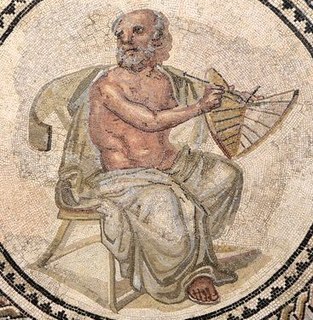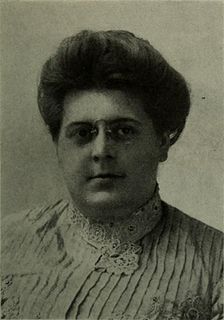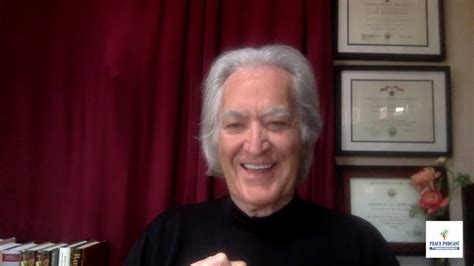A Quote by Marcus Aurelius
Reflect often upon the rapidity with which all existing things, or things coming into existence, sweep past us and are carried away.
Related Quotes
There are certain things in which one is unable to believe for the simple reason that he never ceases to feel them. Things of this sort - things which are always inside of us and in fact are us and which consequently will not be pushed off or away where we can begin thinking about them - are no longer things; they, and the us which they are, equals A Verb; an IS.
You are horrified at our intending to do away with private property. But in your existing society, private property is already done away with for nine tenths of the population; its existence for the few is solely due to its non-existence in the hands of those nine tenths. You reproach us, therefore, with intending to do away with a form of property, the necessary condition for whose existence is the non-existence of any property for the immense majority of society.
We often move away from pain, which is helpful only before being hurt. Once in pain, it seems the only way out is through. Like someone falling off a boat, struggling to stay above the water only makes things worse. We must accept we are there and settle enough so we can be carried by the deep. The willingness to do this is the genesis of faith, the giving over to currents larger than us. Even fallen leaves float in lakes, demonstrating how surrender can hold us up.
Realize that illness and other temporal setbacks often come to us from the hand of God our Lord, and are sent to help us know ourselves better, to free ourselves of the love of created things, and to reflect on the brevity of this life and, thus, to prepare ourselves for the life which is without end.
No themes are so human as those that reflect for us, out of the confusion of life, the close connection of bliss and bale, of the things that help with the things that hurt, so dangling before us forever that bright hard medal, of so strange an alloy, one face of which is somebody's right and ease and the other somebody's pain and wrong.









































